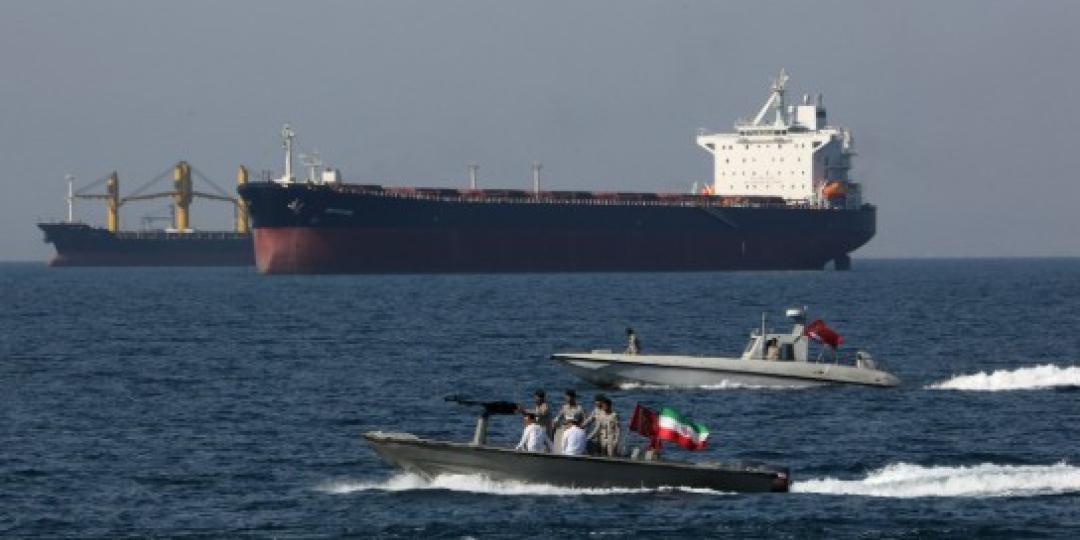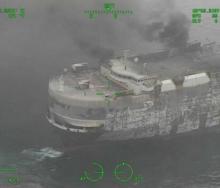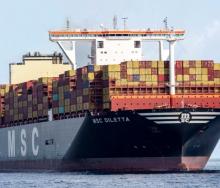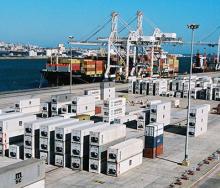Following Wednesday’s news that CMA CGM is officially reinstating regular rotations through the Suez Canal, while lines like Hapag-Lloyd adopt a wait-and-see-approach, maritime trade in the wider Middle East region remains on tenterhooks.
This is after British maritime authorities sounded an urgent warning to commercial shipping in the greater Arabian Sea area, citing a sharp rise in regional tensions that could endanger vessels passing through some of the world’s most vital waterways.
The United Kingdom Maritime Trade Operations, alongside the Maritime Security Centre – Horn of Africa and the Joint Maritime Information Centre, issued a coordinated security alert on 11 June, highlighting an increased threat level in the Arabian Gulf, the Strait of Hormuz and the Gulf of Oman.
The advisory pointed to a “deteriorating regional security climate” that could expose seafarers to direct harm.
The development comes amid a worsening diplomatic standoff between the US and Iran with the two countries locked in a stalled negotiation process over Tehran’s nuclear ambitions.
A sixth round of talks is expected to take place this weekend in Oman but optimism is in short supply as both sides harden their positions.
President Donald Trump has publicly insisted that the US will not rule out the use of military force should talks fail to curb Iran’s uranium enrichment programme.
In response, Iran’s defence minister, Colonel-General Aziz Nasirzadeh, warned that any hostile action by the US will trigger retaliatory strikes on American bases throughout the region.
Tensions have been further inflamed by Israel’s continued threats to act unilaterally against Iranian nuclear infrastructure. Prime Minister Benjamin Netanyahu is reportedly under growing domestic pressure, raising speculation that a pre-emptive Israeli airstrike could be launched, possibly with American logistical support.
Asia Shipping Media reports that Professor Samira Haddad, a Middle East security analyst at King’s College London, said: “These are high-stakes manoeuvres being made in a very volatile part of the world.
“Any miscalculation could lead to a confrontation that draws in multiple state and non-state actors with maritime assets caught in the crossfire.”
The diplomatic crisis is already triggering a shift in the security posture of Western governments in the region. The US Department of State has ordered the withdrawal of non-essential staff from its embassies in Iraq, Bahrain and Kuwait.
Dependants of military personnel stationed in Bahrain have also been authorised to depart, signalling increased concern in Washington about the deteriorating security environment.
Commercial shipping firms are now being urged to review their routes and contingency plans, particularly for vessels transiting the Strait of Hormuz – a chokepoint through which nearly 20% of global oil passes each day.
Clare Rowley, a maritime risk consultant based in Dubai, said: “This is not just about regional politics. What happens here affects energy markets, global trade flows and insurance costs. The implications are far-reaching.”
British authorities are closely monitoring the situation and additional guidance for mariners is expected if the security outlook worsens.
For now, the world watches nervously as diplomacy teeters and warships shadow commercial lanes in one of the planet’s most strategically sensitive maritime corridors.













